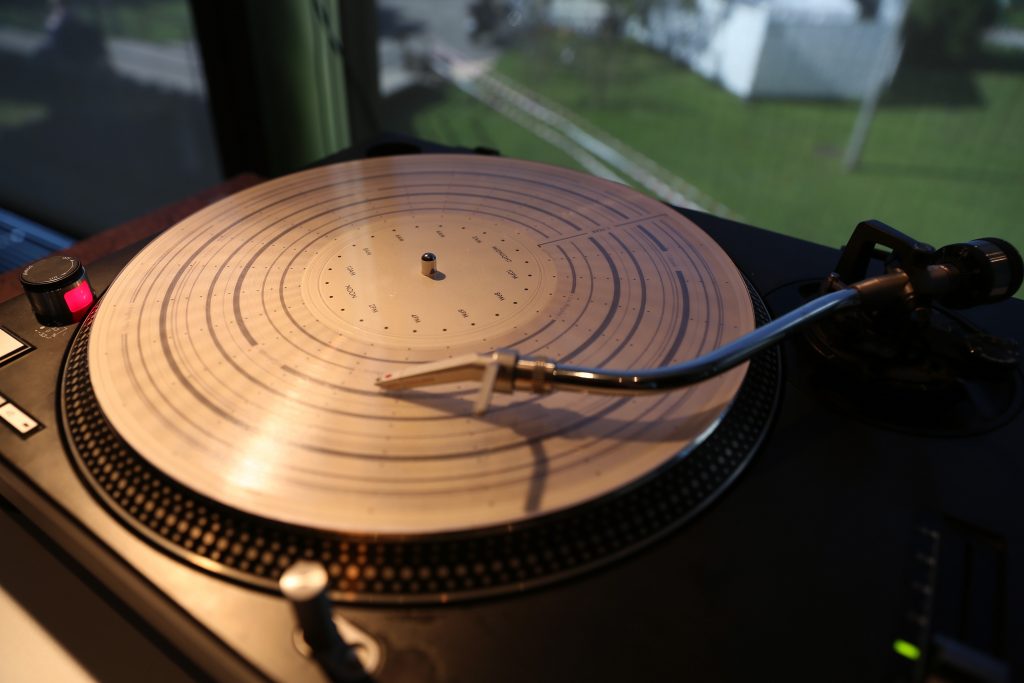Can Beethoven send removal requests?
As a German professor faced with excessively greedy filters to download music

Much of the resistance to the copyright law reform in the European Union focuses on the intention of lawmakers to require platforms to introduce mandatory filters to upload files, which should scan everything that users have downloaded before these files go to the site. In order to show how such filters can harm legal and free expression online, we will tell you the story of a German music professor, who, through a personal example, faced with how filters can miss the nuances of copyright law.
Imagine yourself in the place of the author of these lines, a teacher in a secondary school who wants to use the freely distributed recording of Beethoven’s 5th symphony in his classroom. I always look for new creative ways to develop educational materials on the Open Educational Resources project so that everyone can share and learn from these important entries. As part of the development of a new set of materials, I recently began digitizing both my records and those of my employer.
')
According to German law, the copyright on entries made prior to January 1, 1963, has expired, that is, these entries have become public domain. In 2013, all recordings made after this date received additional protection, and they cannot be digitized. Knowing this rule, I downloaded only records made before 1963, seeking to act within the law. But, despite the precautions, in this process I came across several unexpected obstacles.
The first video that I uploaded to YouTube advertised my site, where everyone can download digitized recordings from the public domain. In that video, I explained the goals of my project, and in the background while playing music excerpts. Just three minutes after uploading the video, I received a notice of complaints about it by ContentID. This is a system developed by YouTube that checks uploaded videos with user databases of copyrighted content and protects copyright law. Millions of dollars have been spent on its development, and this working version of filters for downloading is often given as an example by right sellers and lawmakers who want to oblige all websites that work with user content to use this technology. However, all these statements ignore the many reviews about its incorrect implementation.
When I responded to the complaint about my introductory video, indicating that even on the claimant’s website it was indicated that the recording in question was published in 1962, therefore it is in the public domain, the claim was withdrawn without any consequences. This incident made me wonder: did other users who upload publicly available works in the public domain receive similar claims?
I decided to register another YouTube account under the name “Labeltest”, and share through it other passages from freely distributed works. I quickly received complaints from ContentID about the music of Bartók , Schubert , Puccini and Wagner . Again and again, YouTube informed me about the copyright infringements of these long-dead composers, despite the fact that all my downloads belonged to the public domain. I appealed to each of these claims, explaining that 1) composers who composed these works have been dead for more than 70 years, 2) the records were first published before 1963, and 3) these removal requests do not confirm their validity according to German law copyright law
As a result, I received only more notifications, at some point even about Beethoven’s 5th symphony, where it was said: “Content protected by copyright was found in your video. Applicant allows you to use its content in your video. However, we report on the possible display of advertising. " Again, the notification was erroneous. The video was a recording of the performance of the Berlin Philharmonic under the leadership of Lorin Maazel , released in 1961, and, therefore, is in the public domain. I turned to YouTube for help, but their answer wasn’t encouraging me: “Thanks for contacting Google Inc. Keep in mind that due to the large number of requests, you should not expect confirmation of receipt and reading of letters received at support-de@google.com. ”
I wish I could tell you about the happy ending of this story. Yes, many of my disputes over the alleged copyright infringement ended in my favor. However, I was going to release all my videos under a free license, so that in the future, others could use them to educate and convey to students information about these beautiful works. But even in those cases when I managed to defend my rights to ContentID, the video license did not return to a free state, which would make it much harder for other people to use these digitized works and share them the way I wanted it to.
Filters like ContentID can be useful for platforms that post a large amount of user-generated content, but, as my story shows, they have serious flaws that can lead to a decrease in educational and cultural online resources. In addition to problems with copyright, technology is not always able to recognize a piece of music. For example, in one of my videos, the interpretation of Atlanta by Franz Schubert, made by Hans Gotter, was automatically recognized; but in reality it was a Dietrich Fischer-Diskau recording. When lawmakers require mandatory implementation of such filters for all platforms, without considering their size or existing effective practices, they miss the nuances of the Internet and the technical problems that still exist with automatic content determination, just like the download filters have missed the nuances of my files. public domain.
Source: https://habr.com/ru/post/424519/
All Articles